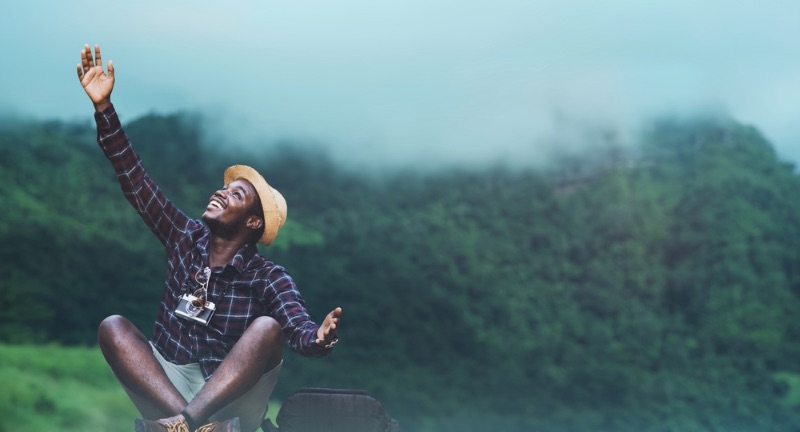
Shutterstock
Hiking is one of the most fun ways to connect with nature. However, the wilderness can present unexpected difficulties, and it’s important to think about your safety. Hiking alone adds to the risk factor in this activity.Having a hiking buddy not only makes the journey more fun, but it can also save your life. In this article, we will give you the many reasons why you should never go hiking by yourself.
Increased Risk of Getting Lost

Shutterstock
Hiking alone makes it much easier to become disoriented, especially in dense forests or on poorly marked trails. Without a companion to help retrace steps or identify landmarks, even experienced hikers may struggle to stay on course. If you get lost, having someone else there can make finding a way out far less stressful and dangerous. Alone, a wrong turn or a simple navigational error could quickly become a serious problem.
Limited Support in Case of Injury
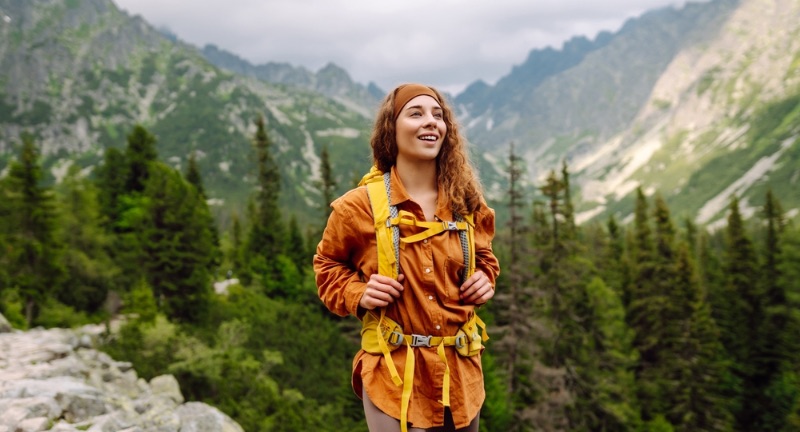
Shutterstock
An injury on the trail, whether a sprain, cut, or broken bone, can be debilitating, making it hard or impossible to hike back alone. If you’re alone, even a minor injury can quickly become a life-threatening situation, with limited ability to get to safety. A hiking partner can assist with first aid and stabilize you if needed, minimizing risks and helping to reach help faster. Having a companion also provides emotional support, which can be vital during emergencies.
Exposure to Wildlife Encounters
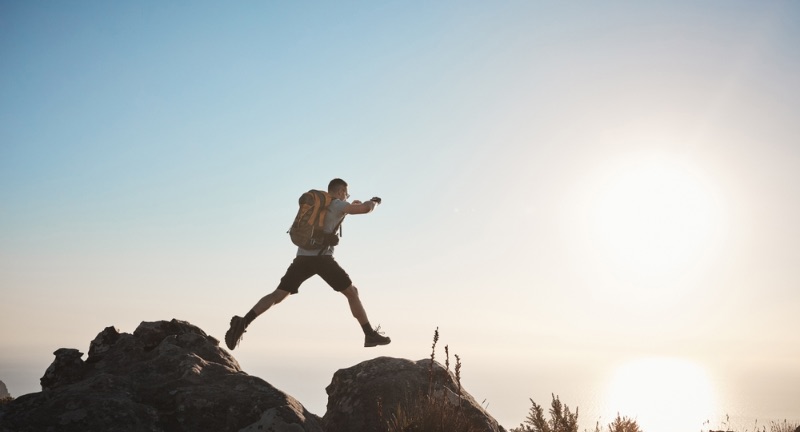
Shutterstock
When hiking alone, you’re at higher risk of dangerous encounters with wildlife like bears, snakes, or large predators. Animals tend to avoid groups, but a lone hiker is more vulnerable and seen as less threatening. In situations where an animal feels cornered or threatened, a hiking partner can make all the difference in preventing or handling an encounter. Having someone with you also allows for a quicker, calmer reaction if an animal is encountered.
Higher Risk of Dehydration
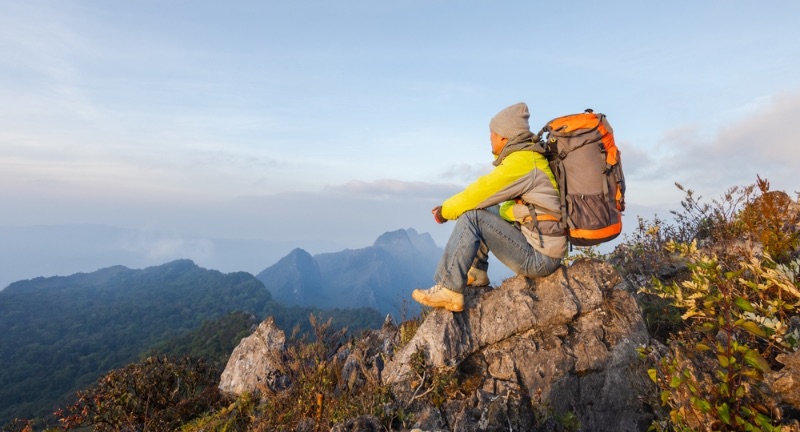
Shutterstock
When hiking alone, it’s easier to underestimate hydration needs or forget to take regular water breaks. Without a companion to remind you or share resources, you may run out of water sooner than expected. In a group, one person’s water supply can help if another runs low, but solo hikers have no backup. Dehydration can be dangerous and lead to impaired judgment, making a hike even more hazardous.
Inadequate Response in Medical Emergencies

Shutterstock
Medical emergencies, such as a severe allergic reaction, heart issue, or injury, require immediate attention, which can be hard to manage alone. Without a companion, even basic tasks like calling for help or applying first aid become difficult in emergencies. A friend can perform life-saving measures or find help if the emergency worsens, improving chances of survival. Time is crucial in these situations, and having someone else there can mean faster and more effective action.
No Assistance in Poor Weather
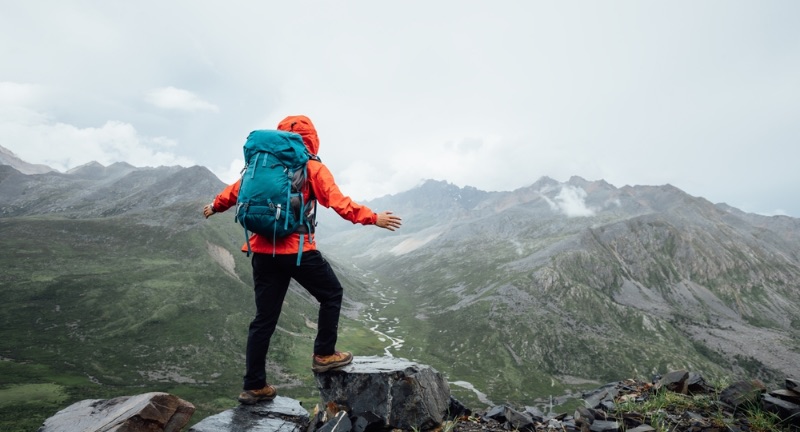
Shutterstock
Weather can change suddenly in the wilderness, bringing unexpected rain, snow, or extreme temperatures. When you’re hiking alone, you’re left to handle these changes solo, making it difficult to set up shelter or handle wet gear effectively. With a hiking partner, you can work together to protect yourself and your supplies from the elements. Support during severe weather can prevent hypothermia, exhaustion, or dangerous exposure.
Risk of Slipping or Falling
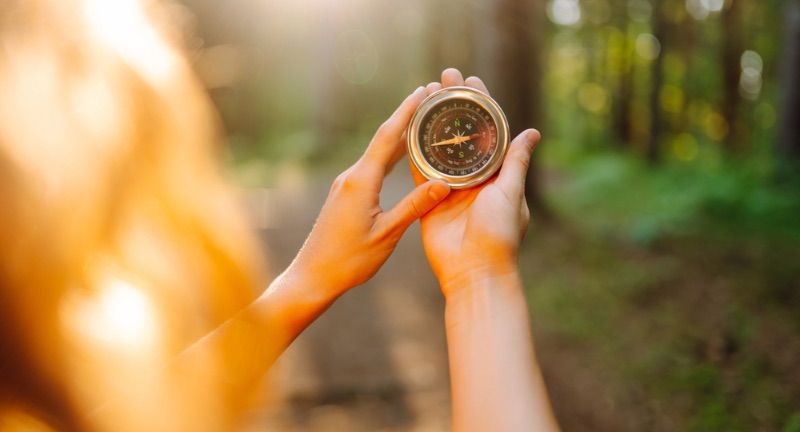
Shutterstock
Uneven terrain, slippery rocks, and steep inclines make falls a common hiking risk. If you fall while alone, especially in remote areas, it may be hours or days before anyone finds you. A hiking companion can quickly get help, provide first aid, or help stabilize you if needed, reducing the impact of the fall. Falls can be especially dangerous without the immediate support that a partner provides.
Difficulties with River Crossings
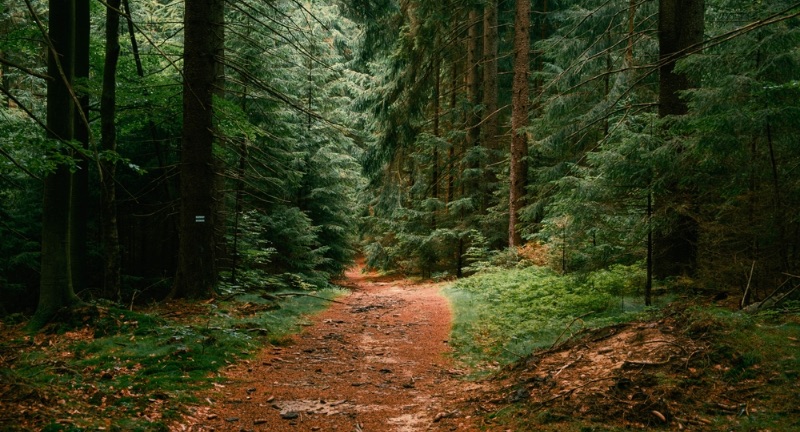
Shutterstock
River crossings can be unpredictable, with swift currents, slippery rocks, and unstable footing. Crossing alone is far riskier, as a misstep could result in being swept away or losing valuable gear. A partner can help stabilize you or offer support in case the current becomes too strong. Together, hikers can better navigate obstacles that are otherwise difficult and dangerous solo.
No Help in Case of Equipment Failure
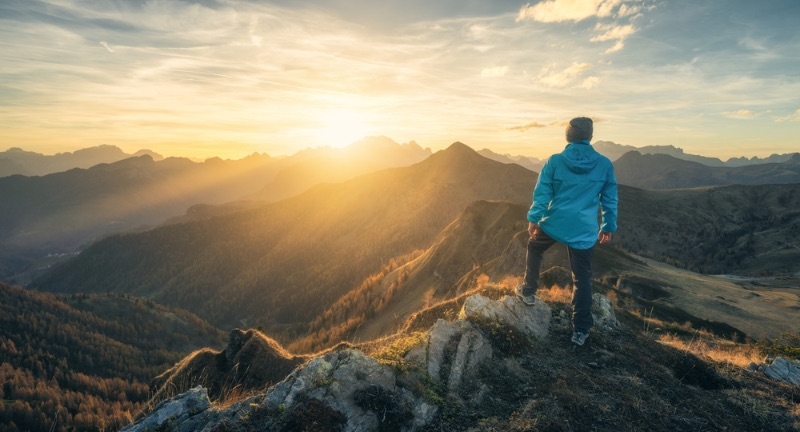
Shutterstock
When hiking alone, any equipment failure, like a broken water filter, torn backpack, or damaged shelter, could spell trouble. Having a hiking partner means a better chance of having backup equipment or someone skilled enough to make repairs. If something essential breaks or malfunctions, a companion can share their gear, reducing the impact of an unexpected failure. Alone, you may be forced to abandon your hike or face hardship with limited resources.
Vulnerability to Human Threats
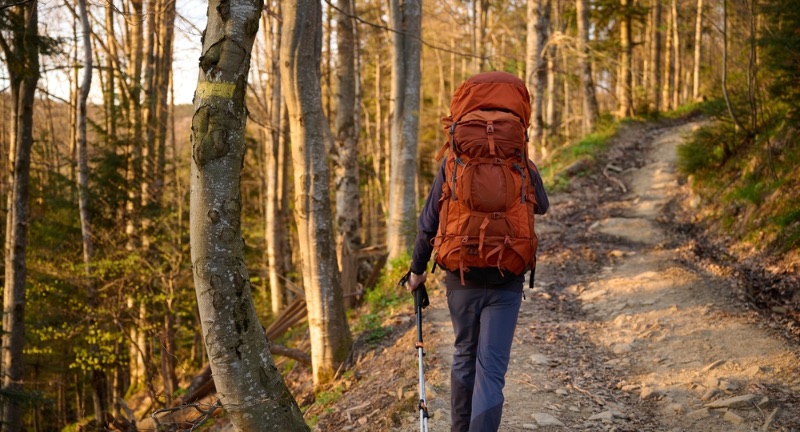
Shutterstock
Solo hikers are more vulnerable to human threats such as theft, harassment, or violence. In some areas, being alone can increase the risk of encountering dangerous individuals or losing valuables to theft. With a partner, you’re less likely to be seen as an easy target, and someone is there to watch your back. The presence of another person provides an added layer of security and can deter would-be threats.
Risk of Exhaustion Without Backup
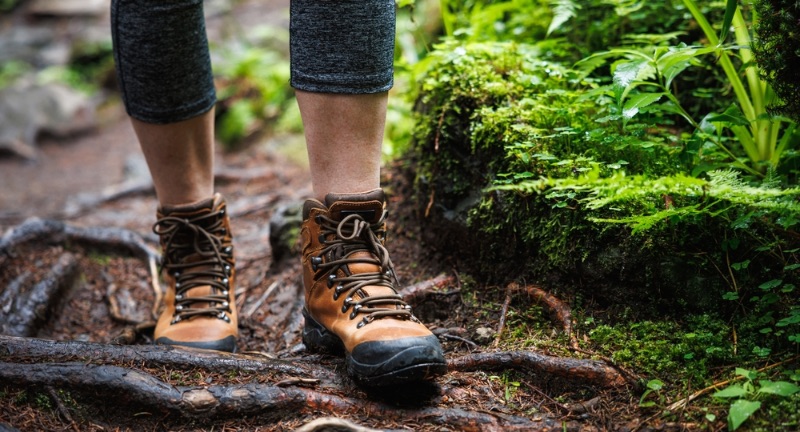
Shutterstock
Hiking alone can be exhausting, especially if you’re carrying a heavy pack and don’t have anyone to share the load. When fatigue sets in, decision-making suffers, and you’re more prone to accidents or mistakes. A partner can help divide the weight of supplies, making the hike less tiring for both. If exhaustion hits, a friend can also motivate you and provide extra support to keep moving safely.
Limited Navigation Support
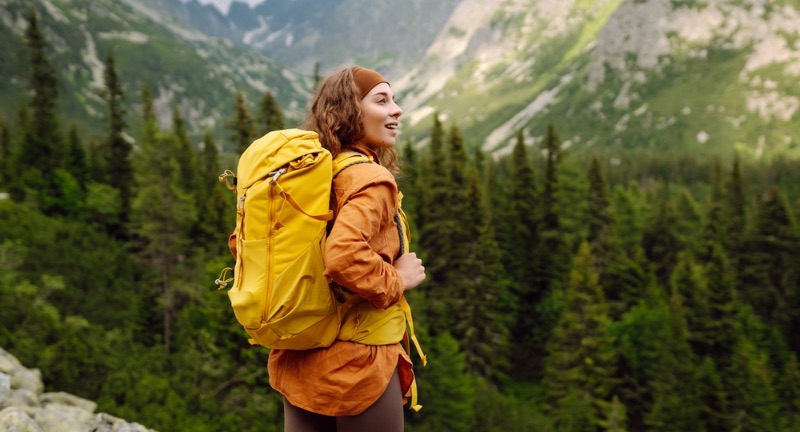
Shutterstock
Navigation errors are common, especially on trails with poor signage or in dense woods. When you’re alone, there’s no one to check your route or help make sense of unclear paths. With a hiking companion, two sets of eyes can help ensure you’re on track and avoid unnecessary detours. Proper navigation reduces the risk of getting lost, conserving time and energy for the hike.
Reduced Morale in Challenging Conditions
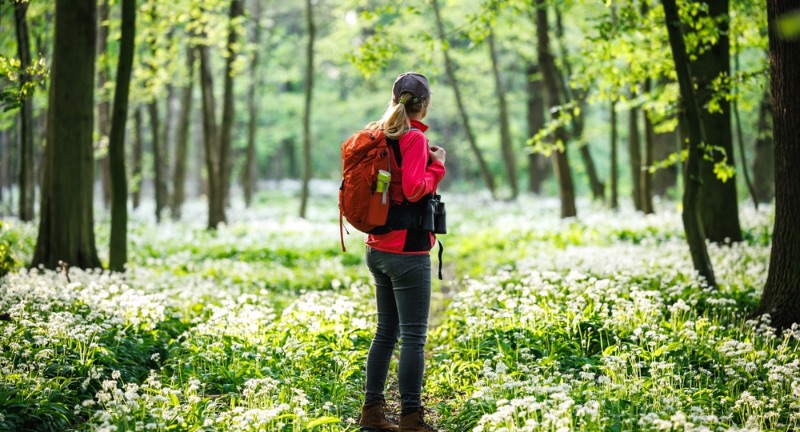
Shutterstock
Solo hiking can take a toll on morale, especially in difficult conditions like rain, cold, or tough climbs. With no one to encourage you or share in the challenge, it’s easy to feel discouraged and overwhelmed. A companion can help keep spirits high, offer motivation, and make tough spots more bearable. Having someone to share experiences with can make the journey more enjoyable, even when conditions are less than ideal.
Lack of Help with Heavy Gear
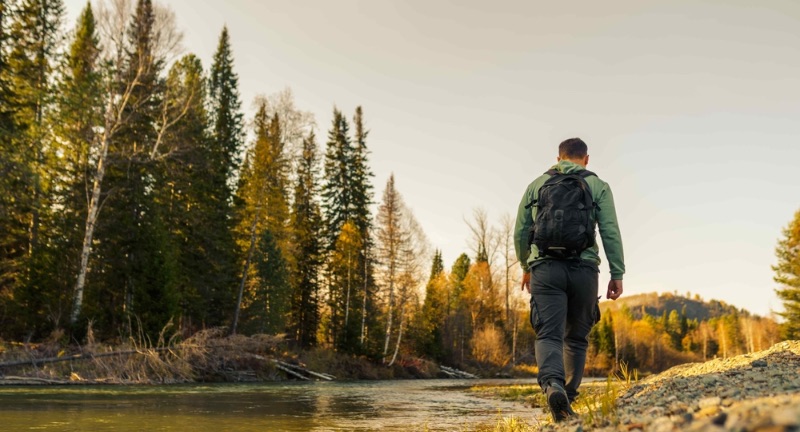
Shutterstock
Carrying all necessary supplies on your own can make a solo hike physically taxing. When you’re alone, there’s no one to help with heavy gear or split the load, making each mile harder to cover. A partner can help carry shared items like a tent or cooking equipment, reducing individual strain. With someone to share the load, the hike is less tiring, leaving more energy for the journey.
Isolation in Case of Illness
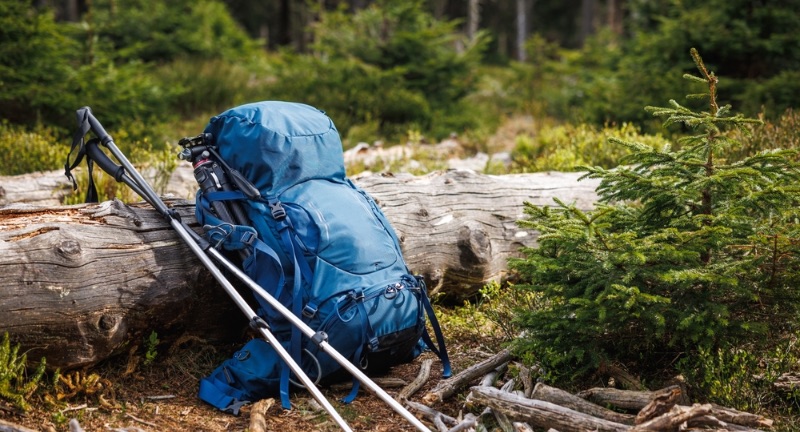
Shutterstock
Illness can strike unexpectedly, leaving you feeling weak, dizzy, or nauseous on the trail. When hiking alone, there’s no one to help you manage symptoms or support you through the discomfort. A friend can assist with medications, monitor your condition, or seek help if your illness worsens. Support in times of illness can make all the difference between a manageable situation and a dangerous one.
Limited Ability to Signal for Help
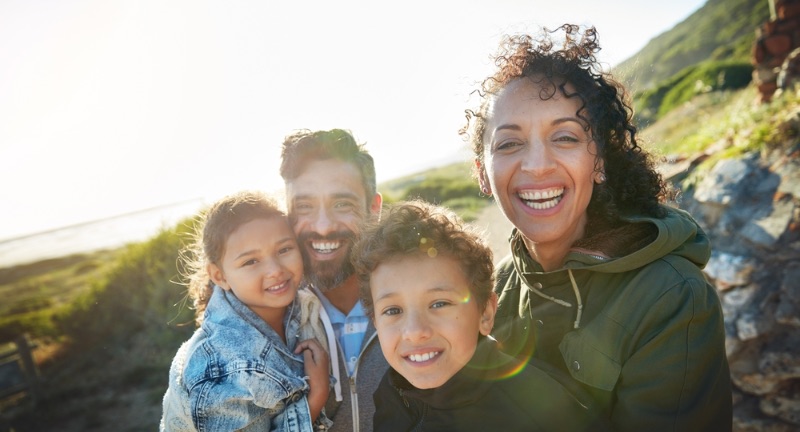
Shutterstock
If you encounter an emergency, signaling for help is much harder when you’re alone. A companion can help make noise, wave signals, or use flares to attract attention from afar. Multiple people are more likely to be noticed by rescuers or other hikers passing by. Alone, your options for getting noticed are limited, making timely rescue less certain.
Greater Chance of Hypothermia or Heat Exhaustion
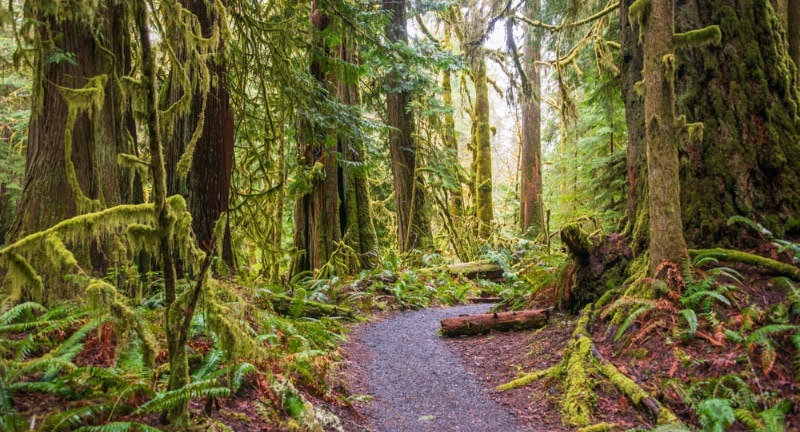
Shutterstock
Extreme temperatures can pose serious risks to solo hikers, as there’s no one to monitor your condition or notice signs of hypothermia or heat exhaustion. Alone, you may overlook early warning signs and push yourself too hard, unaware of the danger. A companion can notice if you’re shivering or overheating and urge you to take preventive actions. Together, you can adapt to temperature changes and avoid these potentially life-threatening conditions.
Difficulty Managing Unexpected Terrain
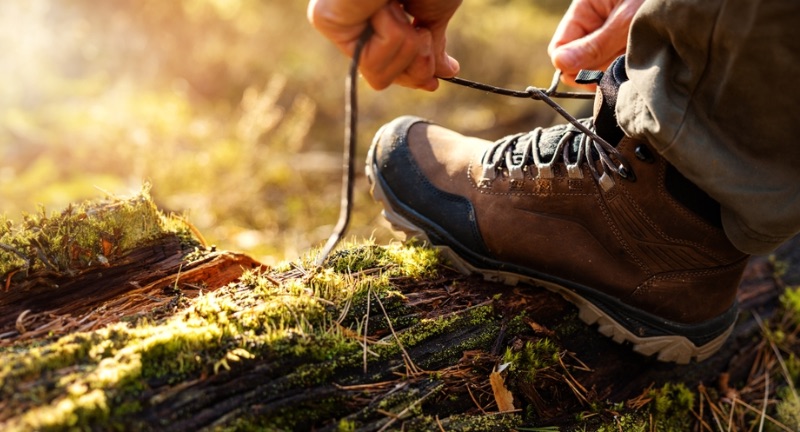
Shutterstock
Hiking alone on unfamiliar terrain can present unexpected challenges, like steep drops, loose rocks, or dense vegetation. Navigating these obstacles alone can be daunting and increases the risk of accidents. A partner provides extra stability and insight, making it easier to find safe routes or avoid hazards. Facing tough terrain with someone else can turn a potential setback into a manageable experience.
No One to Manage First Aid
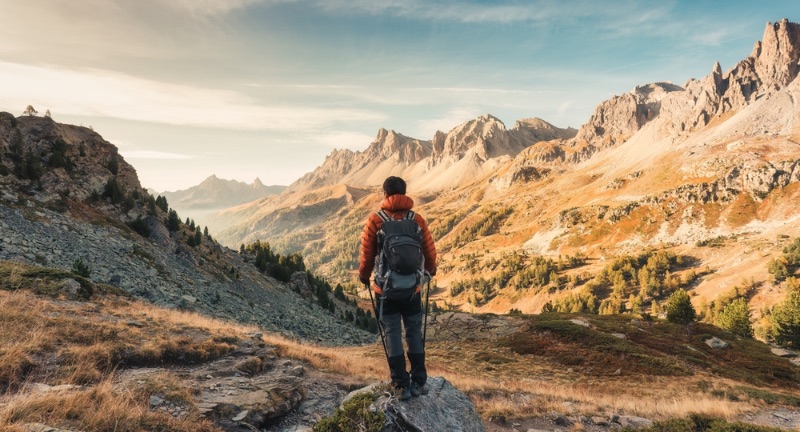
Shutterstock
If you’re injured while hiking alone, providing adequate first aid can be difficult, especially for severe injuries. With a hiking partner, you have someone to clean wounds, apply bandages, or stabilize injuries effectively. First aid assistance can make a huge difference in minimizing further damage and improving recovery time. Solo hikers face the challenge of tending to their own wounds, which is often harder and riskier.
No Support for Wildlife Defense

Shutterstock
Wildlife encounters can be intimidating when you’re alone, with no one to assist in deterring animals or keeping calm. A partner helps increase your presence and can work with you to make noise or look bigger, reducing the risk of a threatening encounter. Facing animals with a companion can deter them from approaching or attacking. Being alone leaves you more vulnerable to wildlife, as you must manage these situations on your own.
Potential for Panic in Stressful Situations
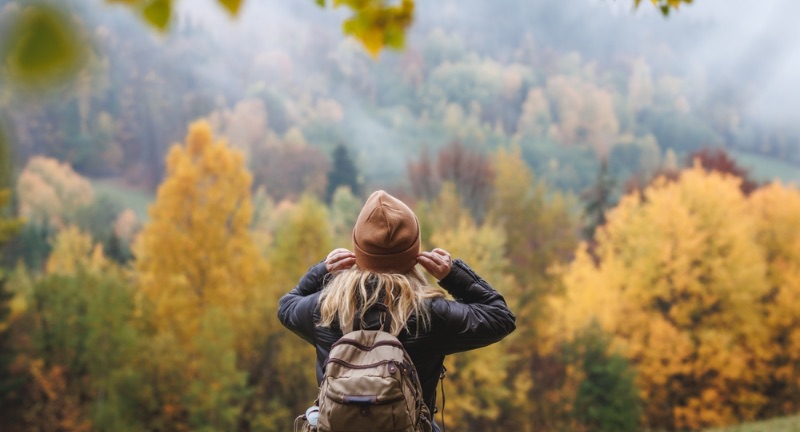
Shutterstock
When hiking alone, stressful situations like getting lost, seeing wildlife, or facing bad weather can easily lead to panic. With no one to talk to, it’s harder to stay calm and think logically under pressure. A companion can help you stay grounded, offering reassurance and practical advice. Together, you can avoid panicking, making it easier to handle any challenges the trail throws at you.
Increased Risk of Exhaustion-Induced Errors
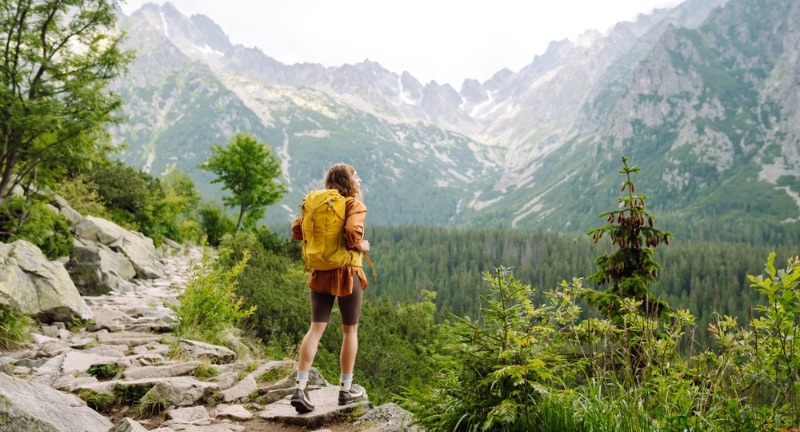
Shutterstock
Exhaustion makes it easy to make poor decisions, like taking a wrong turn or pushing too hard. Alone, there’s no one to help keep you on track or encourage a break when you’re tired. A hiking partner can help you avoid mistakes, keeping the hike safe and manageable. Companions also help sustain morale, which is crucial for preventing exhaustion-related errors.
Lack of Backup for Food or Water
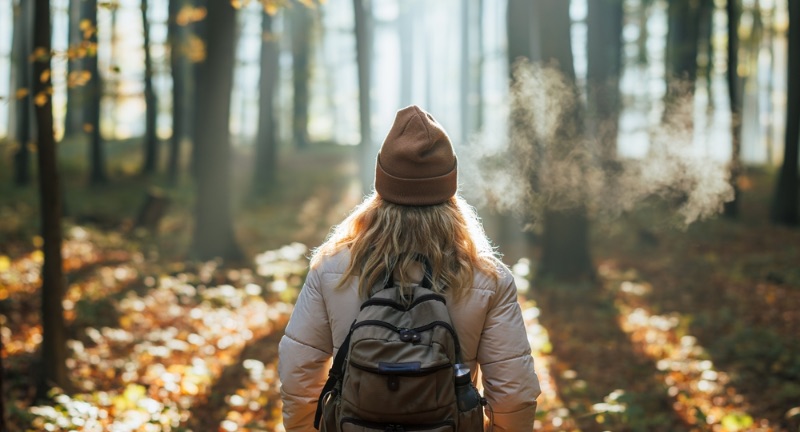
Shutterstock
Running out of food or water is a serious issue when you’re alone, as you have no backup resources. A partner can share their supplies, reducing the risk of dehydration or hunger. With shared resources, it’s easier to manage unexpected shortages or delays. Hiking together allows for better planning and ensures that both hikers are prepared to handle limited provisions.
No Witness in Case of Accidents
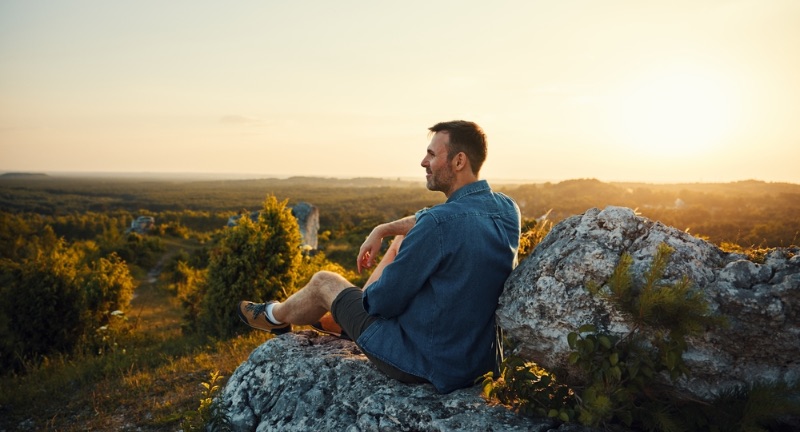
Shutterstock
If an accident occurs on a solo hike, there’s no witness to help explain what happened or assist in getting help. Having a companion means that if something goes wrong, they can seek assistance or notify rescue services. In a serious situation, a hiking partner can give a clearer picture of the accident for emergency responders. This can speed up rescue efforts and improve chances of recovery.
Limited Chance of a Quick Rescue

Shutterstock
Hiking alone means that if you need rescue, it may take longer for anyone to realize you’re missing. A partner can return for help or signal nearby hikers, making rescue efforts faster. Alone, you’re reliant on luck for someone to notice or come across you if injured or stranded. Companions increase the likelihood of a timely response in emergencies, making it safer to face unknowns.
Conclusion
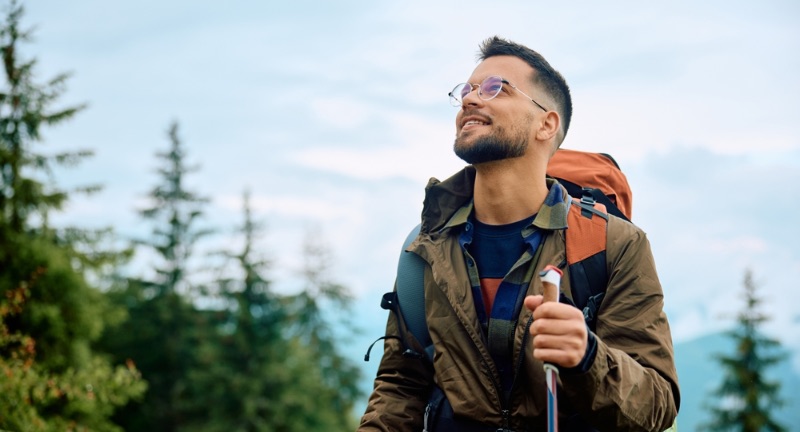
Shutterstock
Hiking alone may seem like a fun way to get away from your busy life. However, the risks of this activity far outweigh the rewards. From navigating difficult trails to dealing with medical emergencies, hiking can quickly become a life-or-death situation. Remember, the trail is always more fun and safer with a friend. So, for your safety, always hike with a buddy.

 News2 months ago
News2 months ago
 Lifestyle3 months ago
Lifestyle3 months ago
 Entertainment3 days ago
Entertainment3 days ago
 Entertainment3 days ago
Entertainment3 days ago
 Lifestyle2 months ago
Lifestyle2 months ago
 Lifestyle2 months ago
Lifestyle2 months ago
 News2 months ago
News2 months ago
 Lifestyle2 months ago
Lifestyle2 months ago





































